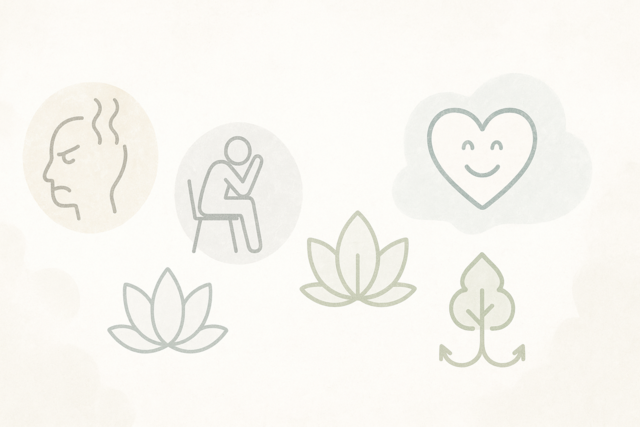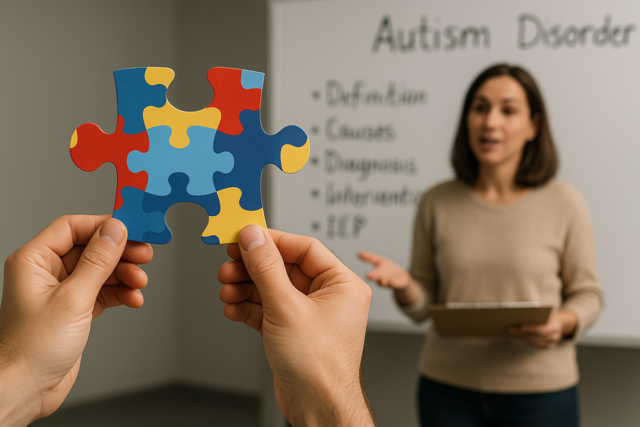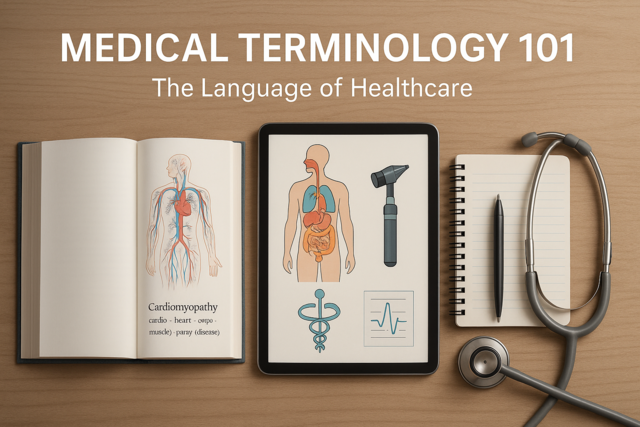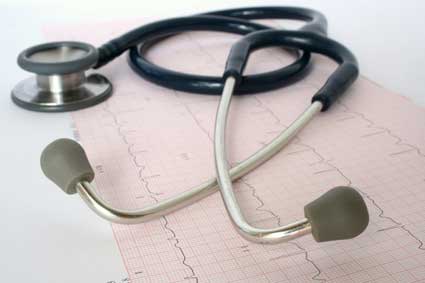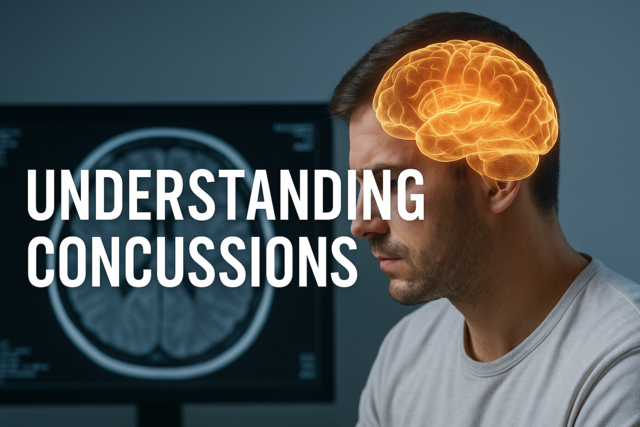If you are addicted to illicit drugs, alcohol, or cigarettes, now might be the time to quit. You may find that your addiction has interfered with many aspects of your life, including not being as happy as you used to be, not being as successful as you could be, and generally not enjoying life.
Some people can be addicted to these substances and can still hold it together but, if this is not you, it is time to think about quitting. There are many advantages to quitting your addiction to drugs, alcohol, and cigarettes. This is the topic of this article.
Advantages of Quitting Illicit Drugs
Taking illicit drugs and being addicted to them can cause your life to feel all "upside down". You may be missing work or school, you may have health problems because of your use of drugs, and you may be having relationship difficulties because your significant other is unhappy with your drug use.
Here are some advantages to quitting illicit drugs:
-
Your body will be healthier. Most illicit drugs are harmful to your body as most of these drugs are toxic to your system and you are better off without them. The exact adverse effects an illicit drug has on your body depends on the drug you are taking. For example, painkillers and heroin can block the action of the lungs ability to clear secretions, putting you at an increased risk of lung diseases, such as tuberculosis, lung abscesses, and pneumonia. If you are a marijuana user, you can have changes in your brain and mental status, causing symptoms of schizophrenia. Marijuana is also bad for your lungs. If you use methamphetamines, there are many adverse effects on your body, particularly on the brain and nervous system. You can suffer from malnutrition or weight loss when taking any illicit drug. By quitting your body will be healthier and you will have a better quality of life.
-
You will have a decreased chance of dying. Many illicit drugs can cause you to die from taking them--even if it is your first time using the drug. Others have more long term adverse effects. If you are a cocaine user, for example, you can stress out your heart, leading to a heart attack or cardiac arrest. If you drink alcohol, you can suffer from alcohol poisoning and will have an increased risk of dying from a motor vehicle accident. Opioids can cause you to die from respiratory failure. Ecstasy and other synthetic drugs can overheat your body, causing a breakdown of your organ function. By quitting your addiction, you have the chance for a much happier and longer life.
-
You will have better employment. Many people who are addicted to drugs lose their job due to absenteeism or poor productivity. While you may blame others for your failings, the problem really is your drug abuse. You are more likely to fail to complete tasks at work or make mistakes on the job when you are using. If you halt the addictive process, you will have a better chance at getting (and keeping) a good job.
-
Your relationships will be better. If you are using and you have a spouse or family member who do not used drugs, there can be discord in the family and your relationship with your loved ones will suffer. Relationships have ended because of drug and alcohol abuse. If you live with a partner who also uses drugs, you may have problems with Child Protective Services (CPS) and may lose custody of your children. By quitting your addiction, you can be a better parent and can have better relationships with all of your loved ones.
-
You will have fewer money problems. If you are addicted to drugs, much of your money goes to purchasing drugs. For example, if you are addicted to heroin, you may be putting out $150 to $200 USD per day in order to support your habit. Marijuana use can cost you thousands of dollars each year and addiction to prescription pain relievers is expensive. Cocaine use will cost you thousands of dollars per year as well. If you choose to stop your addiction, you will be able to have more money to spend on things you really want or need and will no longer have the money problems so common to drug addiction.
-
You will feel emotions with more authenticity. Drugs blunt your ability to have genuine emotions. You won't feel the happiness or joy that comes from the pleasures in life. Drugs mask your true emotions when it comes to enjoying life events. If you use marijuana or opiates, you may feel overly mellow even when things are going poorly. Stimulants such as methamphetamine can cause you to feel delusional, blocking true emotions. When you use drugs over the long haul, you can become depressed and apathetic, especially when undergoing withdrawal. If you choose to overcome your addiction, you will be able to experience the wide range of emotions that will be available to you once you are no longer using.
-
You will be more likeable. Many people who abuse drugs become aggressive and act mean toward their loved ones. You can have changes in your personality so that others will find you to be difficult to be around. If you overdose on your drug of choice, your friend will probably have to help you seek medical attention and they won't want to become your caretaker--looking after you to make sure you don't kill yourself because of your drug use. By quitting your addiction, your true personality will shine through, and both your family and friends will find you more likeable.
-
You will stop engaging in a "dead end" activity. Addiction only leads to a poor quality of life, jail time, or death from health complications. The only way out of this is to become sober and quit your addiction. Think about attending a drug rehabilitation program that will help you achieve sobriety and will help you have a much better quality of life with a future to look forward to.
There are many reasons to quit using drugs--even more than listed above. If you need help stopping your addiction, see your doctor for a referral to a drug rehabilitation program and take the time to end your addiction before it ruins your life.
Advantages of Quitting Alcohol
Drinking is legal over the age of 21 and it is common among adults. The problem is that there are so many adverse effects to drinking--effects on your body, effects on your mind, effects on your relationships, and an increased risk of going to jail or becoming injured in a motor vehicle accident.
Here are some reasons why quitting alcohol can be advantageous:
-
You will have better physical fitness. Alcohol only provides you with empty calories and usually a lot of calories so you can easily gain weight. If you drink alcohol instead of exercising and St provide you with the nutrients you need to stay fit and live a healthier life. Binge drinking especially causes you to take in excess calories and weight gain can be a problem.
-
You will have better metabolism. Alcohol depresses your metabolic rate and you'll gain weight from this. If you quit drinking your metabolism will improve and your muscles will recover faster from exercise.
-
You will have more energy. Alcohol interferes with having a good night's sleep even though it is a depressant. By quitting drinking, you will sleep better and will have more energy during the daytime hours. This will increase your resilience and give you the energy it takes to enjoy your hobbies and to get some exercise.
-
You will have fewer diseases. Alcohol contributes to more than 60 separate diseases, including hypertension, infections, damage to your nerves, malnutrition, and pancreatitis. You are also at a greater risk of getting various types of cancer if you drink, and you will have a greater risk for heart disease and brain disorders. Alcohol is a carcinogen, leading to a variety of cancers that can be avoided if you quit drinking.
-
You will have a decrease in the chance of having dementia. Alcohol causes a shrinkage in your brain so that, if you use it over the long term, you have an increased risk of dementia as you get older. Alcohol can permanently damage your brain by disrupting the central nervous system (CNS). Alcohol can also cause damage to your nerves. All of this can be avoided by quitting drinking.
-
You will have a decreased risk for type 2 diabetes. Alcohol contains a lot of sugar. Excess sugar intake can contribute to getting type 2 diabetes from the insulin resistance caused by high blood sugar levels. If you quit drinking, you will eat healthier and will have a more normal weight, which decreases your chances of having type 2 diabetes.
-
You will have better liver function. Alcohol is metabolized by the liver and can lead to having a fatty liver and, ultimately, to developing liver cirrhosis. By quitting drinking, you will have improved liver function, even one month after stopping alcohol consumption.
-
You will have a better immune system. Alcohol depresses the immune system, putting you at a greater risk for infections, including bacterial infections and viral infections, such as the common cold and flu. If you quit drinking, you will have an improvement in your immune system, affording you natural resistance to a variety of infectious diseases.
-
Your fertility will be better. Alcohol impairs the ability of your body to product motile sperm (in men) or healthy eggs (in women). By quitting drinking, the egg and sperm will be healthier and you will have a better chance of getting pregnant and having a healthy pregnancy.
-
Sex will be better. Alcohol can impair not only your sex drive but can interfere with your sexual performance. People who abuse alcohol have an increased risk of having multiple sex partners and are at a greater risk of sexually transmitted diseases. Quitting alcohol will allow you to fully enjoy sex and the sex will be healthier. If alcohol has led to impotence, this should resolve when you have had a chance to quit drinking.
-
You will have better mental capacity. Alcohol can cause brain damage that can lead to poor cognitive abilities. When you quit drinking, you will be able to think better and will be able to form mental tasks better. Your memory will be better, too.
-
You will generally feel better. Alcohol can cause damage to your emotions and can cause mood swings. You may have extremes in emotions and behavior when you use alcohol. Quitting drinking can help you get rid of the numb feeling that can occur when you drink alcohol and will be better able to manage your emotions.
-
Your heart will be better. Alcohol contributes to heart disease. According to estimates, up to 2 percent of all heart attacks are related to the consumption of alcohol. Alcohol use can increase your blood pressure, which is also bad for your heart. There is a disease called "alcoholic cardiomyopathy", which is a weakening of the heart muscle caused by damage to the heart muscle from alcohol use.
-
You will be less depressed. Alcohol is a depressant and using too much of the substance can lead to clinical depression. If you quit alcohol, you will have less of a depressant effect on the brain and your mood will improve.
-
You will be more sociable. Alcohol may lower your social inhibitions but it can increase mood swings and make you more argumentative. You may say things to others that you will later regret. If you quit drinking, you can enjoy a better social life with relationships that are genuine and that aren't based on alcohol consumption.
There are many more reasons to give up drinking alcohol. If you are addicted to alcohol, get help through an alcohol treatment program or begin attending Alcoholics Anonymous or another 12-step program. Your health depends on staying sober and getting your life back together.
Advantages to Quitting Smoking
The advantages to quitting smoking are numerous and depend on how long it has been since you had your last cigarette or another tobacco product. You can have advantages to quitting smoking that start within 20 minutes of quitting; many of these advantages will last a lifetime if you continue to be a nonsmoker. The major advantages to quitting smoking include the following:
-
Twenty minutes after quitting. The benefits of stopping smoking are almost instantaneous. If you can even quit for 20 minutes, you can have a return to a normal heart rate and will have a decreased chance of cardiovascular disease.
-
Two hours after quitting. If you can refrain from smoking for just two hours, your heart rate will normalize and your blood pressure will go down. You will have an improvement in your blood circulation. You may feel an increase in warmth of your toes and fingers even after quitting for just 2 hours. Unfortunately, you may have nicotine withdrawal symptoms, such as increased appetite, sleepiness, insomnia, increased tension, anxiety, and cravings to smoke again.
-
Twelve hours after quitting. Smoking can cause a buildup of carbon monoxide in your body as this comes from the tobacco smoke. If you quit smoking for just twelve hours, you will begin to release the carbon monoxide from your red blood cells and will have better oxygenation. Your carbon monoxide levels will return to normal even twelve hours after quitting smoking.
-
Twenty-Four hours after quitting. You will have an increased risk of heart disease if you smoke, in fact, the risk is 70 percent higher if you are a smoker when compared to nonsmokers. Even twenty-four hours after quitting, you will already have a decreased risk for cardiovascular disease and will have a decreased chance of having a heart attack.
-
Forty-Eight hours after quitting. Smoking decreases your sense of taste and smell. After you have quit smoking for just 48 hours, you will have an increase in taste and smell; you will enjoy your meals to a greater degree.
-
Three days after quitting. Three days after quitting smoking will cause the nicotine levels in your body to return to zero. This means that you may have a bad case of nicotine withdrawal. Some symptoms of nicotine withdrawal include depression, irritability, anxiety, sweating, cramping, nausea, and headaches. You may be at your weakest point during this time as the symptoms may feel intolerable. This is when you can reward yourself with something that will motivate you to remain a nonsmoker.
-
Two to three weeks after quitting. Your exercise tolerance will increase even after quitting smoking for just 2-3 weeks. Your body will begin to heal and your heart and circulation will improve. Your lungs may be clearer so you can breathe better during exercise. Your withdrawal symptoms will be less by this time.
-
One to nine months after quitting. After just a month without smoking cigarettes, the cilia that move mucus from your lungs will repair themselves. This helps you fight off infections and allow for mucus to pass out of the lungs. If you had a cough from smoking, this will likely go away as will your shortness of breath. You should have no withdrawal symptoms by this time.
-
One year after quitting. If you can quit smoking for an entire year, your risk for cardiovascular disease will be 50 percent less than if you continued to smoke. Quitting smoking can help prevent heart attacks.
-
Five years after quitting. After five years not smoking, you will have the same risk of having a stroke when compared to nonsmokers.
-
Ten years after quitting. If you had continued to smoke, you would have had a greater risk of certain cancers, such as pancreatic cancer, kidney cancer, lung cancer, esophageal cancer, throat cancer, and mouth cancer. Now that you don't smoke, your risk of getting these cancers will decrease. You will still have a greater risk of lung cancer but your risk will be cut in half.
-
Fifteen years after quitting. If you manage to stop smoking for fifteen years, you will have a normal risk for cardiovascular disease and will have the same chance of having a heart attack as a nonsmoker.
-
Long term benefits of quitting. There are many long term benefits of quitting smoking. You can increase your life expectancy to near normal ranges. According to the CDC, nonsmokers will live ten years longer than people who smoke. If you quit smoking, you can lengthen your life to nearly that of someone who has never smoked.







